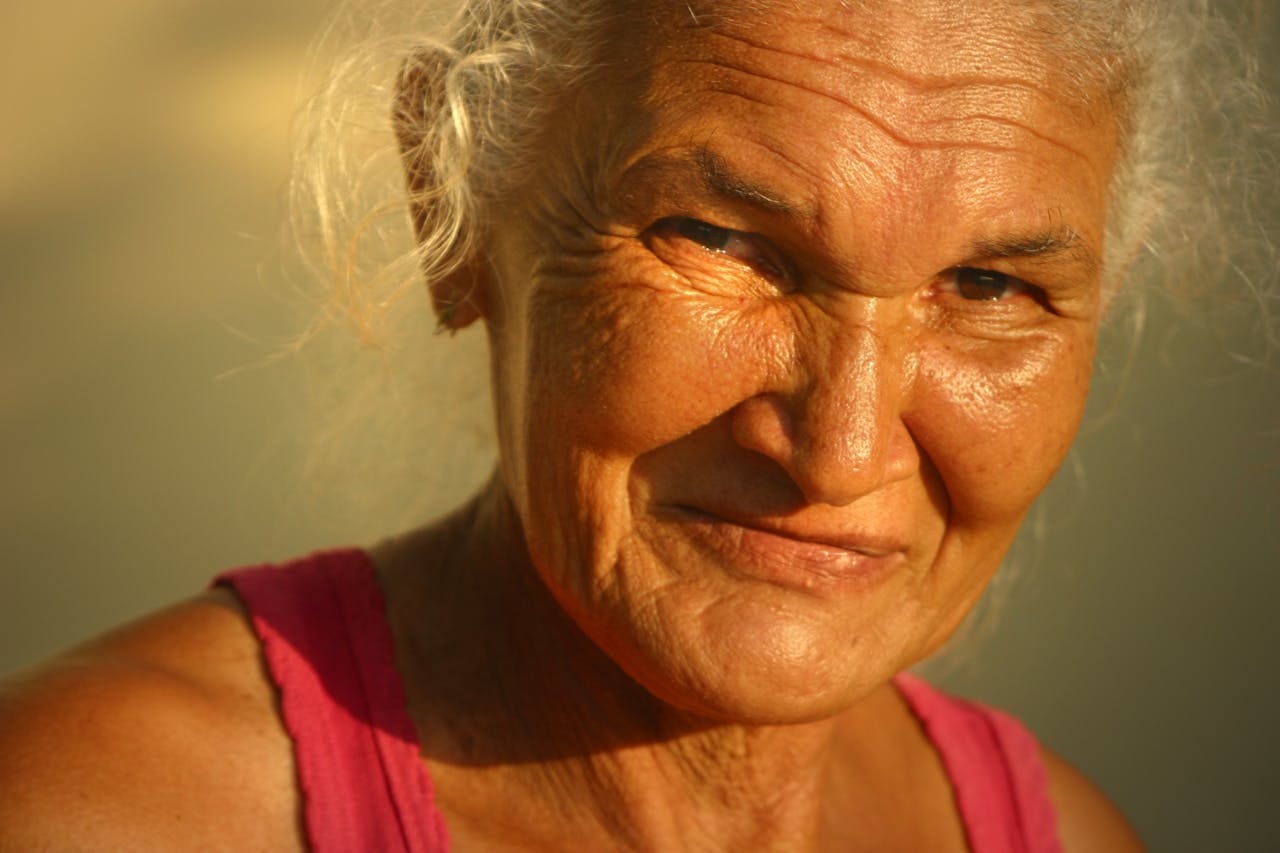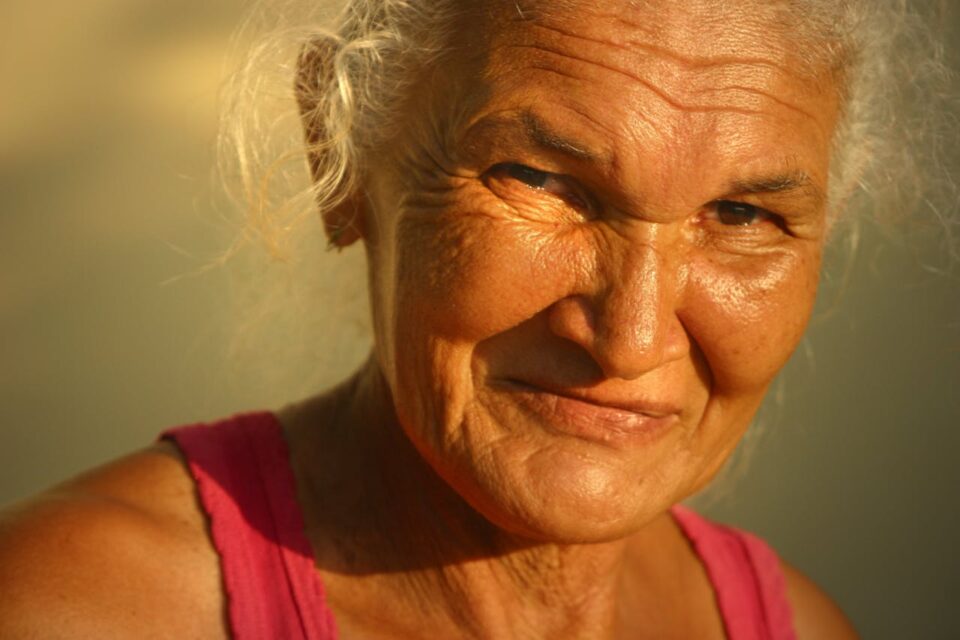Research shows our chronological and subjective ages rarely line up, and suggests ways to stay mentally youthful.
EXPERT OPINION BY JESSICA STILLMAN, CONTRIBUTOR, INC.COM
APR 11, 2024

My 70-year-old father tells me he’s routinely startled simply by seeing his face in the mirror. “Who’s that old guy?” he thinks. Science shows he’s far from alone in this feeling.
Neuroscientists have explored the puzzling gap between our real age and how old we feel in our heads (aka our “subjective” age) and discovered that, on average, middle-aged adults in Western societies feel 20 percent younger than their actual number of years.
I’m 43, so this formula says I probably feel about 35, and my father is likely expecting to see a less wrinkly and white-haired 56-year-old in the mirror. Sounds about right.

But what does science have to say about why this common pattern exists and what, if anything, you can do to change your subjective age?
How old do you feel?
It may be clear that most adults feel younger than they are. Why remains a bit of a mystery. This long Atlantic article from Jennifer Senior offers several fascinating possibilities, as well as great anecdotes from a variety of people about their own inner age.
One theory is that years rich in new experiences seem to make more of an impression on our brains. When we enter into maturity, we settle down and the years seem to count less, throwing off our internal clocks.
“Adolescence and emerging adulthood are times dense with firsts (first kiss, first time having sex, first love, first foray into the world without your parents’ watchful gaze); they are also times when our brains, for a variety of neurodevelopmental reasons, are inclined to feel things more intensely, especially the devil’s buzz of a good, foolhardy risk,” Senior explains about a Duke neuroscientist’s theory.
More intensity means more memories, which means these years feel longer and weightier. Middle-aged routine adds less life to our internal tally, slowing our inner clock. This effect also may be why the tedious pandemic years seem to have fallen into a memory hole for many people and why time seems to speed up as we age.
But there are other theories too. Several people Senior spoke instead suggested their subjective age was frozen at a particular point because of a trauma they experienced, like the death of a loved one. A few “old souls” told her they felt older than their years. Meanwhile, cross-cultural studies show that people in societies that revere elders seem not to internally discount their years as much.
Can you change your subjective age?
There may be some broad patterns in how people settle on an internal age, but the process is clearly quirky and personal. There is no such thing as a “correct” subjective age. But that doesn’t mean you might not want to shift your own. If you’re feeling aged beyond your years by the stresses of being an adult and entrepreneur, are there ways to feel internally younger?
Yup, answers science. Here are the steps research suggests — and they are pretty simple, if not entirely easy.
The first is just to sleep more. A new study by a team of Swedish researchers published in Proceedings of the Royal Society B: Biological Sciences found that simply getting enough rest for a month made subjects feel, on average, nearly six years younger. (It pairs nicely with this study showing improved sleep feels as good as winning a $250,000 lottery jackpot.)
Prioritizing sleep can be easier said than done, however. If you’re doubtful you’ll be getting a steady eight hours per night anytime soon, science provides another possible way to turn back your mental clock: thinking younger.
Traits like curiosity and openness to new experiences that are associated with youth are also associated with slower physical aging. When you think like a kid, your body seems to stay more youthful for longer.
Perhaps your internal self-perception stays more youthful too. This a leap — there are far fewer studies on subjective age than there are on heart disease and mortality risk — but it’s logical one. And one that suggests simple interventions that are almost certain to make you feel better, even if they don’t make you feel 29 again.
We can consciously shift our personalities by pushing ourselves to do more activities in line with the change we hope to see, research shows. So if you want to be more open and curious, signing up for new activities or exploring new places will likely move you at least a little in that direction.
As a side effect, they may also make you feel younger. And even if you don’t, research shows that fresh experiences today lead to more happiness tomorrow and slow the signs of physical brain aging.
Who’s that old guy in the mirror?
Which might be the biggest takeaway from digging into this research. How old you feel on the inside is often far different from your chronological age and seems to be influenced by personality, culture, experience, and daily habits.
You can push on that last lever to feel a bit younger if you want. Or you can just embrace the fact that we mostly all feel a different age on the inside as one of those beautifully weird quirks of being human.
